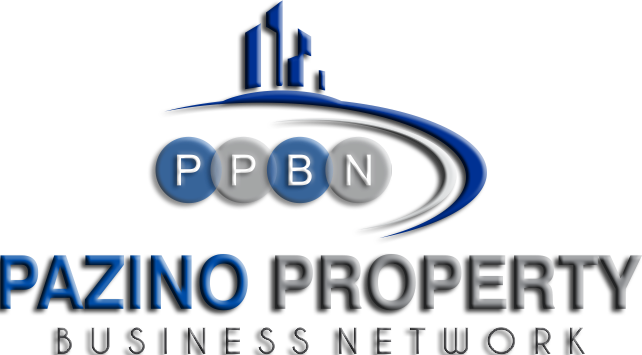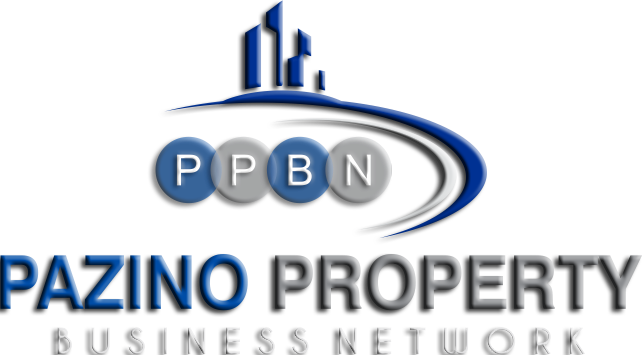
Real Estate. Photo: MITCENTRALCOAST
A new report released by Civil Society Legislative Advocacy Centre, (CISLAC) has alleged high-level money laundering in real estate sector, revealing how corrupt Nigerians engage estate firms to conceal illicit funds.
The report coordinated by CISLAC, an affiliate to the Transparency International (TI), had contributions from Economic Financial Crimes Commission (EFCC), Special Control Unit Against Money Laundering (SCUML), and Nigeria Financial Intelligence Unit (NFIU).
Other organisations that participated are Independent Corrupt Practices and other related Offences Commission (ICPC), Corporate Affairs Commission (CAC), Nigerian Institute of Estate Surveyors and Valuers (NIESV), Real Estate Developers Association of Nigeria (REDAN), Ghana Integrity Initiative (GII), Financial Intelligence Centre (FIC) Ghana, and other Civil Society Organisations (CSOs).
The document titled, “Nigeria’s Dirty Money and Real Estate: How Money Laundering through Real Estate Impacts Nigeria’s Fight against Corruption” was signed by CISLAC’s Executive Director, Auwal Musa Rafsanjani.
The report noted that real estate sector is populated with informal agents who control over 95 per cent of the market.
According to the report, whereas some real estate agencies that operate in the sector are registered in foreign jurisdictions, many of them also reside in tax havens. It disclosed that there is a consolidation of dirty deals in the sector, a development that is taking negative toll on the government’s mass housing policy.
The report said that many choice properties litter major cities in Nigeria, without anybody occupying them, saying it was high time government deviced means of collecting property taxes on them.
It said, Nigeria’s cities like Abuja, Lagos, and Port-Harcourt have become flashpoints where high level capital flights take place, while media and court reports point to the involvement of criminals running fraud syndicates and drug trafficking in buying up or developing properties.
The impact of these investments, the report revealed is evident in the high cost of houses in both urban and suburban areas, and development of shelters in only selected areas.
The report said: “Nigerian real estate sector has long provided opportunity for persons and companies to launder illegally acquired funds. The share of the real estate services to the nominal Gross Domestic Product (GDP) is estimated at around seven per cent per annum. It is a significant contributor to the economy and has the capacity to fast-track the growth of the nation’s economy, if adequately structured.
“However, corrupt money channeled into the economy through the real estate sector can distort the market and inflate real property prices. Lagos is the most expensive city in Africa. In the affluent suburb of Ikoyi, the average price of three-bedroom apartments was N140 million ($ 388,906) in 2018 while five-bedroom apartments are sold for an average price of N350 million ($ 972,266).
“This affluence is in contrast to about 70 per cent of the total population of Lagos, currently living in informal housing and slums. The housing deficit in Lagos is estimated to be around 2.5 million units. In major centres such as Lagos, Abuja, Ibadan and Kano housing demand is growing at about 20 per cent per year. Inflated prices are, at least in part, driven by corruption proceeds laundered through the real estate market. “
“The Nigerian real estate sector is the second most vulnerable to money laundering, next to the Bureau De Change operators. Nigerian law enforcement authorities, especially the anti-corruption agencies, are improving their responses to money laundering, especially non-conviction based approaches to asset seizures, which have yielded significant results in the effort to recover corrupt assets.”
However, the document said reliable data is scarce, while detecting suspicious transactions have been steadily increasing, for example in 2018, 10,346 reports were filed compared to only 937 in 2014, it is not clear if any real estate transactions were involved, let alone investigated and confiscated.
The report explained that money launderers and criminals use third parties, professionals, family members and close associates to acquire high value real estate as well as use pseudonyms to open accounts frequently through which illegal funds were diverted into high-value real estate acquisitions.
“The laundering of the proceeds of crime through purchase of high value real estate preferably abroad, majority of the cases reviewed involved politically exposed persons and their associates, who channel almost in all cases parts of substantial volume of illegal proceeds into real estate in Nigeria and abroad. Transfers of illicit funds through offshore bank accounts are very frequent, while purchasing real estate properties and laundering of illicit funds through real estate come frequently with the aim of funding of political parties or political endeavours.”
It noted that reforms to close loopholes leading to these gaps had been very difficult to address, as real estate agents still largely unregulated and rarely report any suspicious transactions involving unexplained wealth when facilitating real estate transactions.
“This applies especially to the involvement of politically exposed persons, where legitimate questions about the source of wealth to be invested in the property market must be asked and reported.
“New legal frameworks and policy guidelines are needed to strengthen institutional mandate of SCUML, which is the only dedicated organisational unit tasked to oversee Designated Non-Financial Businesses and Professions (DNFBPs) including real estate providers,” the report said.
While these concerns are largely legitimate, CISCLAC stated that the absence of reliable land registry, beneficial ownership databases and other actionable intelligence made prevention and investigation of suspicious transactions involving real estate extremely difficult.
“Nigerian authorities must tap into the potential of CSOs and media to monitor and research suspicious sources of wealth channeled through real estate sector. Instead of labeling Non-governmental entities as a security risk, active cooperation should be established at the policy, legislative and individual cases’ level,” the report said.


